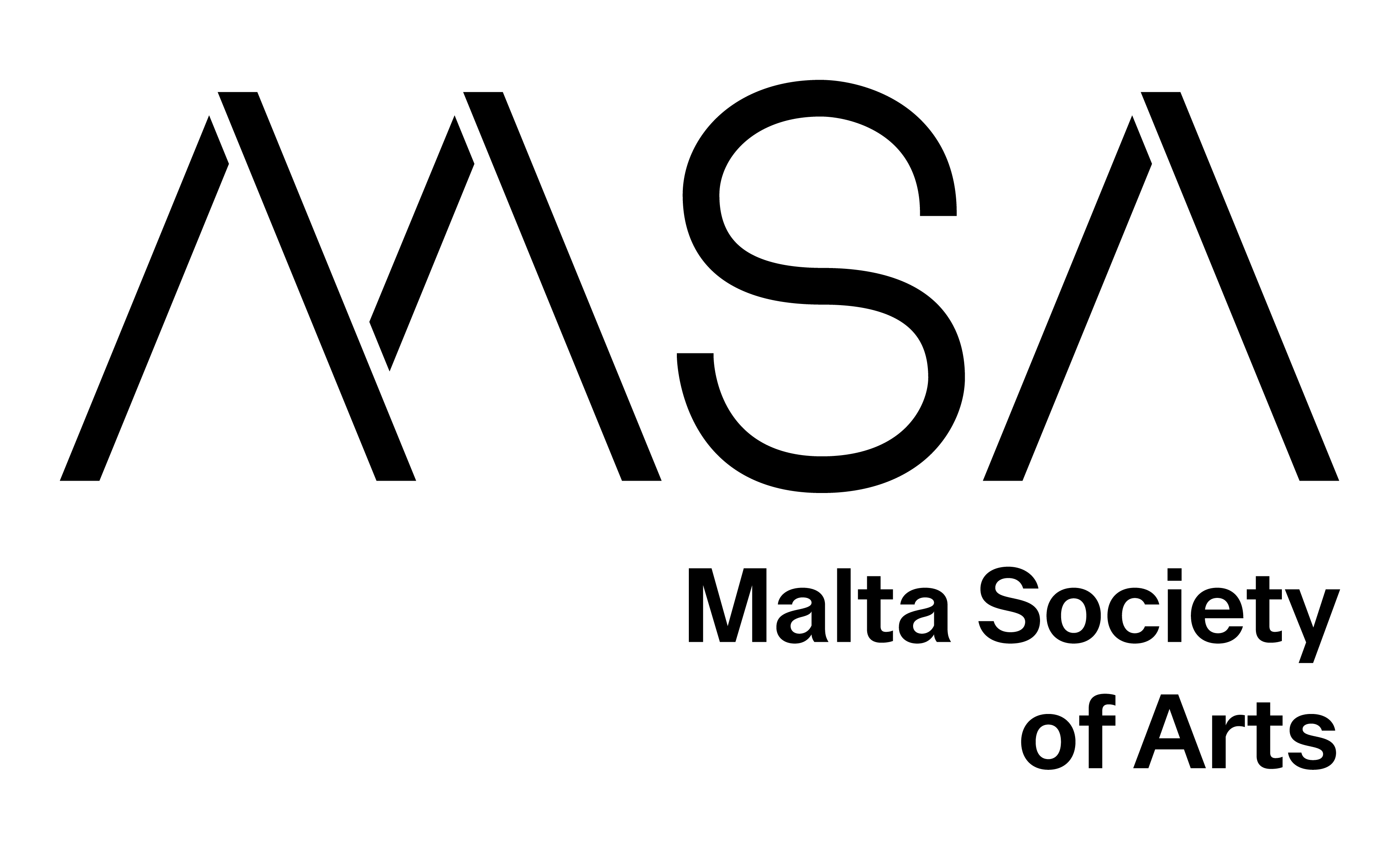The theory of individuation proposed by Gilbert Simondon, and the work on the relationship between embodiment and technology conducted by Bernard Stiegler, allow us to understand embodied subjectivity as an ongoing process of individuation that is always already interlinked with technics and technology. Technology, in this sense, is not simply a system of tools exterior to the body, but rather participates in the very constitution of the embodied subject and of its world.
From this perspective, what is at stake in works placed at the intersection of art and technology is the (de)construction of the embodied subject and of its associated milieu, a (de)construction that prompts us to rethink what a body 'is' and to experiment with new ways of performing our bodies, new ways of embodied being in the world.
This paper argues that in order to define embodied subjectivity as it appears in light of such works, the ontogenetic account of individuation proposed by Simondon and Stiegler among others, has to be supplemented with a phenomenogenetic one. The constitution of embodied subjectivity cannot be fully explained in terms of an ontogenetic process (the becoming of being) that goes from the emergence of physical individuals, to that of vital individuals, and onwards to psychic individuals in their primordial interrelation with technics and technological systems. What has to be added is the genesis of phenomenological planes—the genesis of specific ways of perceiving, living and understanding one’s environment, the genesis of specific systems of phenomena. While the theory of individuation sees the emergence of phenomenological planes as a step in the process of ontogenesis, this paper contends that at the very same time the phenomenological plane constitutes the (lack of) origin of the ontogenesis from which it emerges.
In this context embodied subjectivity can be defined as the conjunction of the ontogenetic and phenomenogenetic dimensions of individuation: one’s body in its organicity (which is always already technological) is the collapse into the perpetual present (of the phenomenological plane) of the ontogenesis of this present; at the same time, the very ontogenetic process in which the phenomenological plane emerges and becomes is itself a projection in time and space that is grounded upon the infinitely thin present (here and now) of the phenomenological plane that itself grounds.
Nonetheless, a valid account of phenomenogenesis can never be constructed, simply because the phenomenological plane strictly speaking lacks a history, lacks a genesis—its genesis can be thought only erroneously in terms of the ontogenesis that it projects. Hence the necessity of a 'misosophy' (Deleuze), of a methodology of thinking embodiment that is itself an embodied error, a methodology that is deeply mistrustful, of the 'wisdom' (sophia) that it generates, rather that loving it. The paper ends by speculatively proposing that engaging with contemporary experiments at the intersection of art and technology can constitute such misosophic gestures geared towards a performative redefinition of embodied subjectivity.
Mihai Băcăran obtained his Ph.D. in Art Theory in 2022 from the University of Melbourne. His work focuses on formulating an embodied, yet not humanistic, understanding of art spectatorship from a perspective grounded in a critical reading of the theory of individuation proposed by Gilbert Simondon.
Back







